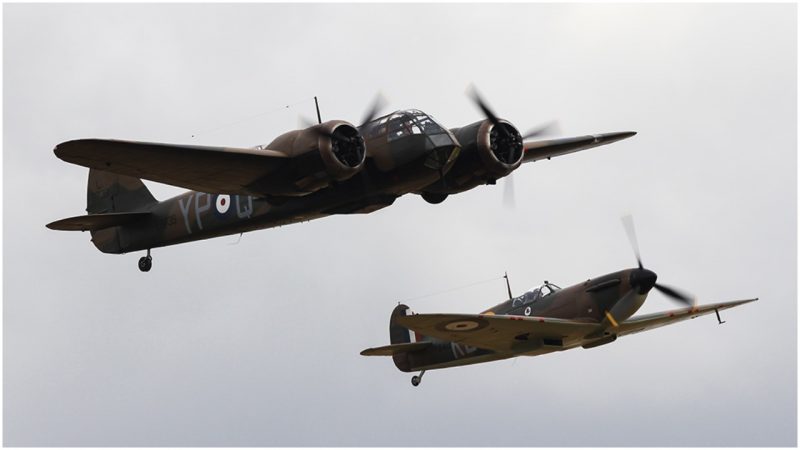The Battle of Britain was a chaotic fight on both strategic and tactical levels. The British barely escaped utter disaster by evacuating their army from Dunkirk when France fell. But they did manage to rescue the majority of their army and even some of the French army.
The war against Germany then turned to the skies over Britain as Hitler wanted to soften up his next target before invading. This led to many tactical scrambles as the outnumbered Royal Air Force (RAF) rose to the occasion.
There are many stories regarding the bravery of the pilots. These include encounters such as a single squadron trying to stop 100 enemy bombers, pilots flying on empty or serving while blind, and British leaders who worked out of a bunker in downtown London that couldn’t stop a direct hit from a medium bomb.
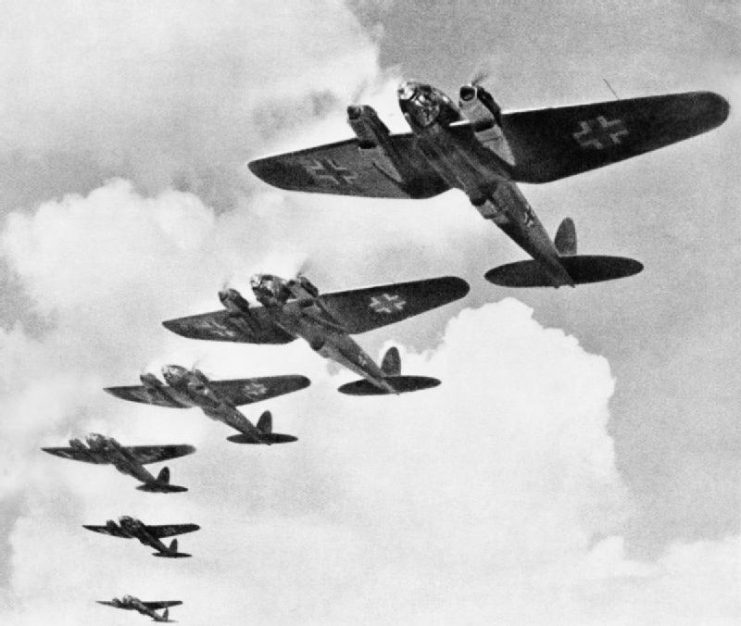
But out of the chaos came an incredible story combining courage with the necessity of the moment. August 15th, 1940, was another chaotic day for Squadron 219 based at Driffield in Yorkshire. Sergeant Oswald Dupee and Sergeant Thomas Banister scrambled to intercept the incoming German fighters.
They fought in a Bristol Blenheim bomber. This was a converted civilian airliner that became a light bomber during the war. It was slower than many of the fighter planes it faced but had decent weapons and speed enough to challenge enemy bombers.
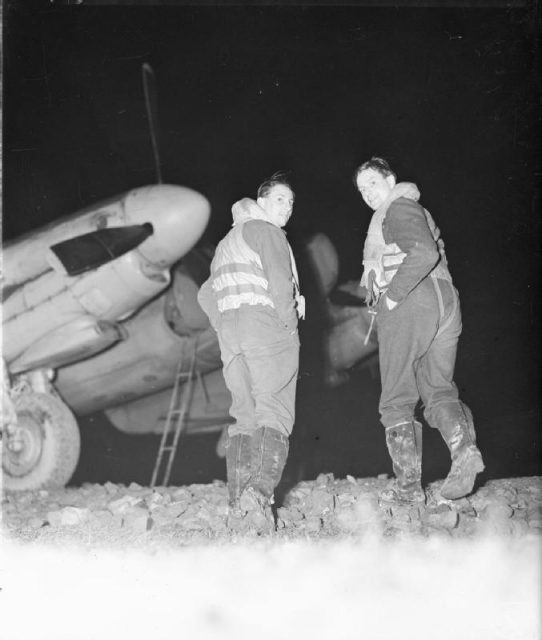
The Mark IV version that they flew had additional protective armor, a stronger engine, and extra machine guns. There is some confusion over the aircraft they fought against, but it was likely JU 88s which were versatile multi-role aircraft which Germany often used as bombers.
Dupee served as the pilot and Banister as the gunner. They intercepted the German aircraft when the enemy tried to be tricky.
The German bombers stopped firing until the British plane got closer and then opened a hail of gunfire on them at close range. Dupee’s window was smashed, his cockpit shot up, and Dupee was severely injured.
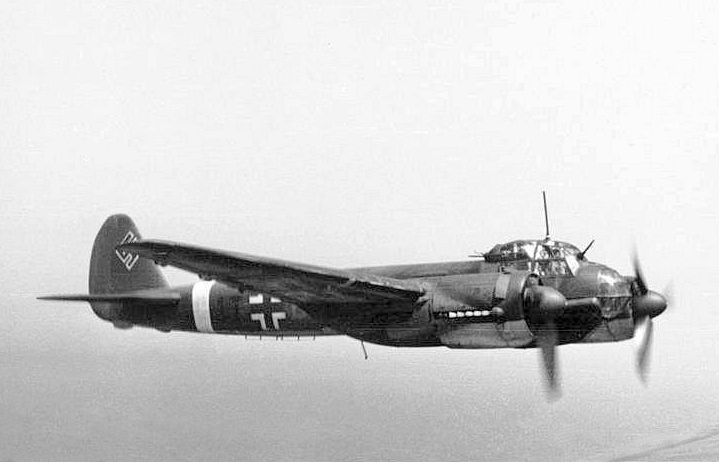
They were now flying blind against withering enemy fire, and the pilot was fading in and out of consciousness. That was when the tail gunner took action.
Bannister crawled forward from his gunner seat, helped Dupee switch positions with him, and took control of the plane.
Bannister served as a gunner and so had no training as a pilot. In addition, the aircraft he took over was badly damaged, and he didn’t know how long he could receive instructions before the wounded pilot passed out or died from blood loss.
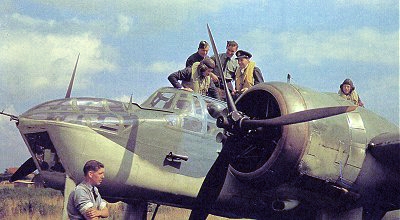
The wounded Dupee fought through the pain and provided sufficiently clear instructions to get them back to base. Even though they couldn’t get the wheels down, Bannister managed to land the aircraft with limited further damage.
Both men received the Distinguished Flying Medal for their actions which was the third highest medal British airmen could receive. Dupee rejoined the unit in November of 1940 and later earned a Distinguished Flying Cross for a reconnaissance mission in East Asia.
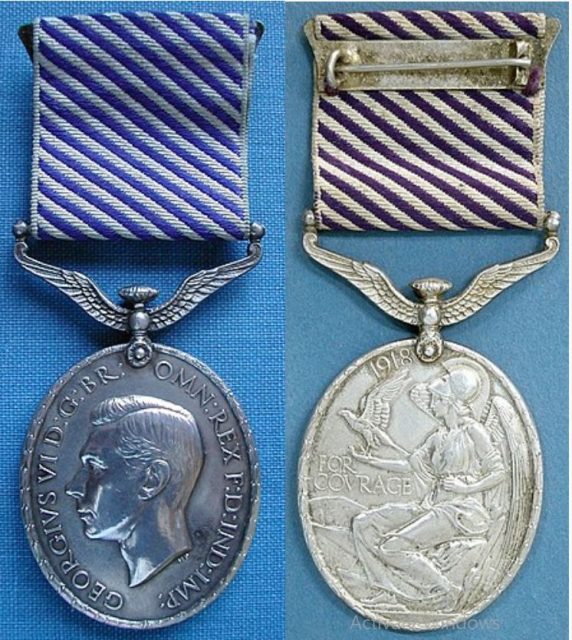
Both men are a testament to the courage of the greatest generation. They proved that, even in a worldwide conflict dominated by technology, a couple of brave men, including an untrained pilot, can make a difference.
The German military and some historians claim that the Germans never really lost the battle, but simply pursued other strategic goals instead of invading England.
Read another story from us: Five Incredible & Inspiring Tales of Bravery from the Battle of Britain
Nevertheless, the RAF bravely inflicted more damage on the German air force than they received and prevented the invasion of Britain, both of which suggests that they were the victors of this battle.
The Allied air forces went on to pummel the German heartland and occupied territories into submission which helped win the war as well. But they couldn’t have done so without incidents like an untrained gunner landing a plane that wasn’t really designed for battle in the first place.
